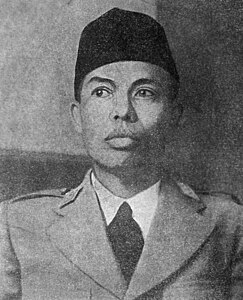Famous lyrics by »
Aisha (Arabic: عائشة بنت أبي بكر, romanized: ʿĀʾishah bint Abī Bakr; , also US: , UK: ; c. 613/614 – July 678) was Islamic prophet Muhammad's third and youngest wife. In Islamic writings, her name is thus often prefixed by the title "Mother of the Believers" (Arabic: أمّ المؤمنين, romanized: ʾumm al-muʾminīn), referring to the description of Muhammad's wives in the Qur'an.Little is known about the early life of Aisha. A preponderance of classical sources converge on Aisha being 6 or 7 years old at the time of her marriage, and 9 at the consummation; her age has become a source of ideological friction in modern times. Aisha had an important role in early Islamic history, both during Muhammad's life and after his death. In Sunni tradition, Aisha is portrayed as scholarly, intelligent and inquisitive. She contributed to the spread of Muhammad's message and served the Muslim community for 44 years after his death. She is also known for narrating 2,210 hadiths, not just on matters related to Muhammad's private life, but also on topics such as inheritance, pilgrimage, and eschatology. Her intellect and knowledge in various subjects, including poetry and medicine, were highly praised by early scholars and luminaries such as al-Zuhri and her student Urwa ibn al-Zubayr.Her father, Abu Bakr (r. 632–634), became the first caliph to succeed Muhammad, and after two years was succeeded by Umar (r. 634–644). During the time of the third caliph Uthman (r. 644–656), Aisha had a leading part in the opposition that grew against him, though she did also oppose those responsible for his assassination. During the reign of Ali, she wanted to avenge Uthman's death, which she attempted to do in the Battle of the Camel. She participated in the battle by giving speeches and leading troops on the back of her camel. She ended up losing the battle, but her involvement and determination left a lasting impression. Because of her involvement in this battle, Shia Muslims have a generally negative view of Aisha. Afterward, she lived quietly in Medina for more than twenty years, took no part in politics, became reconciled to Ali and did not oppose caliph Mu'awiya (r. 661–680).
0 fans












Share your thoughts on the Aishah Band with the community:
Report Comment
We're doing our best to make sure our content is useful, accurate and safe.
If by any chance you spot an inappropriate comment while navigating through our website please use this form to let us know, and we'll take care of it shortly.
Attachment
You need to be logged in to favorite.
Log In